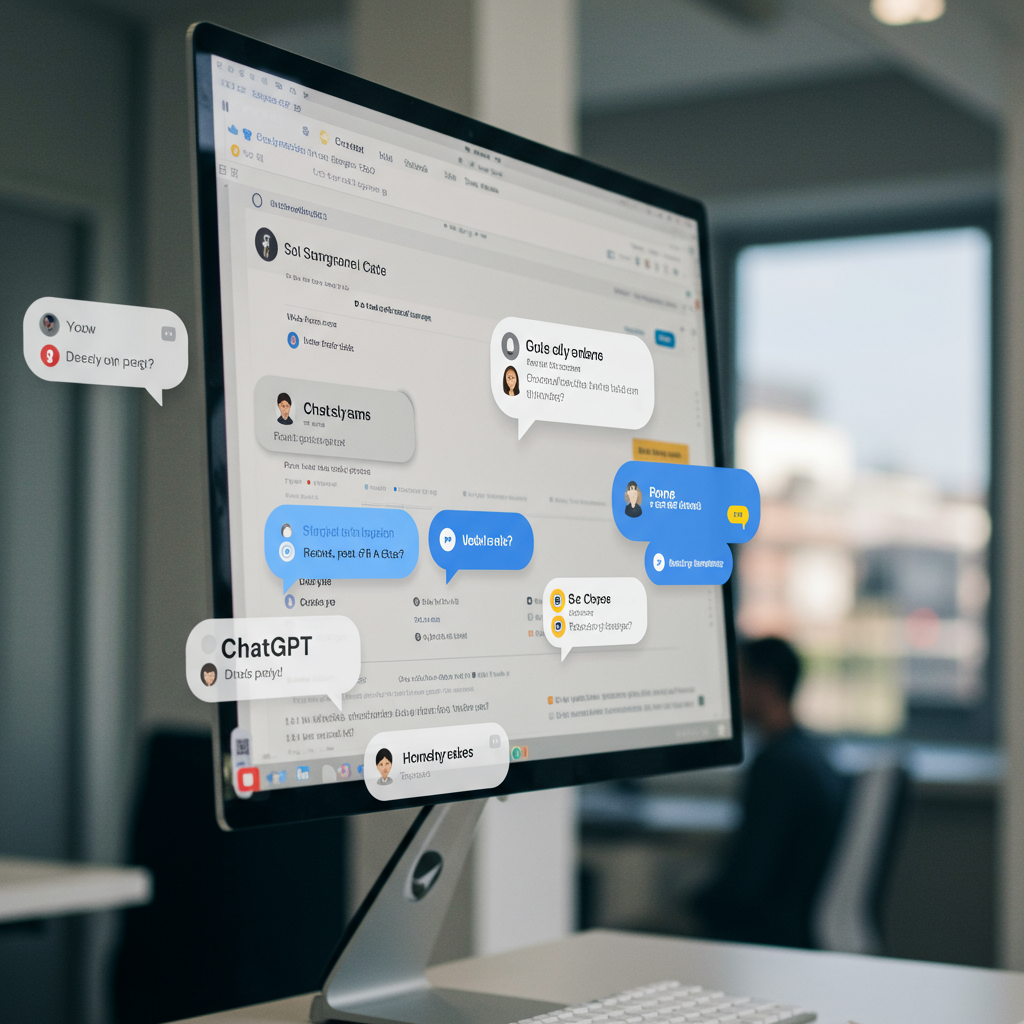App enthusiasts are always eager for glimpses into upcoming software features, and recent findings in the latest Gboard beta hint at some significant enhancements, particularly for Google Pixel users. An analysis of the app’s code (known as an APK teardown) reveals development on two key capabilities: “Pixel Sense” integration and advanced voice-based “Smart Edit” features.
For context, APK insights involve examining the internal code files of Android applications downloaded from the Google Play Store. By decompiling these files, developers and journalists can find code strings and resources that point to features Google is currently working on but hasn’t yet announced or released. While these findings offer exciting potential, it’s important to remember they are not guaranteed to ship and their final implementation may differ.
Pixel Sense Coming to Gboard
One of the most intriguing discoveries is the mention of “Pixel Sense” within the Gboard beta (version 15.5). Code strings suggest this feature aims to help users “Finish tasks faster with Pixel Sense.”
Pixel Sense is described as a system that “brings your info to you, with no need to search.” This capability appears to be related to a predictive suggestion feature previously rumored for upcoming Pixel devices, sometimes referred to under the codename “Magic Cue” in earlier leaks concerning the Pixel 10.
Regardless of the final name, Pixel Sense is designed to proactively surface relevant information from various Google services directly onto your screen based on context. This includes data pulled from apps like Gmail, Calendar, Keep, Tasks, Contacts, Messages, and even Screenshots. A prime example is a scenario where a friend asks for your flight number in a chat; Pixel Sense could potentially find that detail from a past Gmail message and make it readily available.
The integration into Gboard suggests that this contextual information will appear right in the keyboard’s suggestion strip, similar to how Gboard currently offers autofill suggestions based on recent screenshots. This existing “recall” feature, introduced in December, allows Gboard to remember things like song titles or products captured in a screenshot and suggest them when you open a relevant app (e.g., suggesting a song title from a screenshot when you’re in Spotify). The Pixel Sense integration aims for a similar seamless experience, but drawing from a much wider range of personal data sources.
Smart Edit: Voice Commands for Text Editing
Beyond surfacing information, Gboard is also developing a feature to enhance voice input called “Smart Edit.” This functionality will empower users to modify dictated text using simple voice commands.
Smart Edit is designed to help you “add, remove, or replace words easily with just your voice.” This suggests a more advanced level of voice editing capability compared to the basic commands available in the current voice typing feature (which was recently rebranded from “Assistant voice typing” to “Advanced features” in Gboard settings).
When using Smart Edit, Google states that your editing commands and the text being edited will be sent to Google for temporary processing to apply your requested changes. However, a key privacy detail highlighted in the code is that no audio or voice data is sent during this process. The use of this feature will be subject to Google’s Generative AI Terms of Service and Privacy Policy.
These discoveries from the Gboard beta APK provide an early look at how Google might be planning to make typing and interaction on Pixel devices even more intuitive and efficient, leveraging both contextual awareness and enhanced voice capabilities. As with all features found in beta code, their eventual release and final form remain subject to change.



